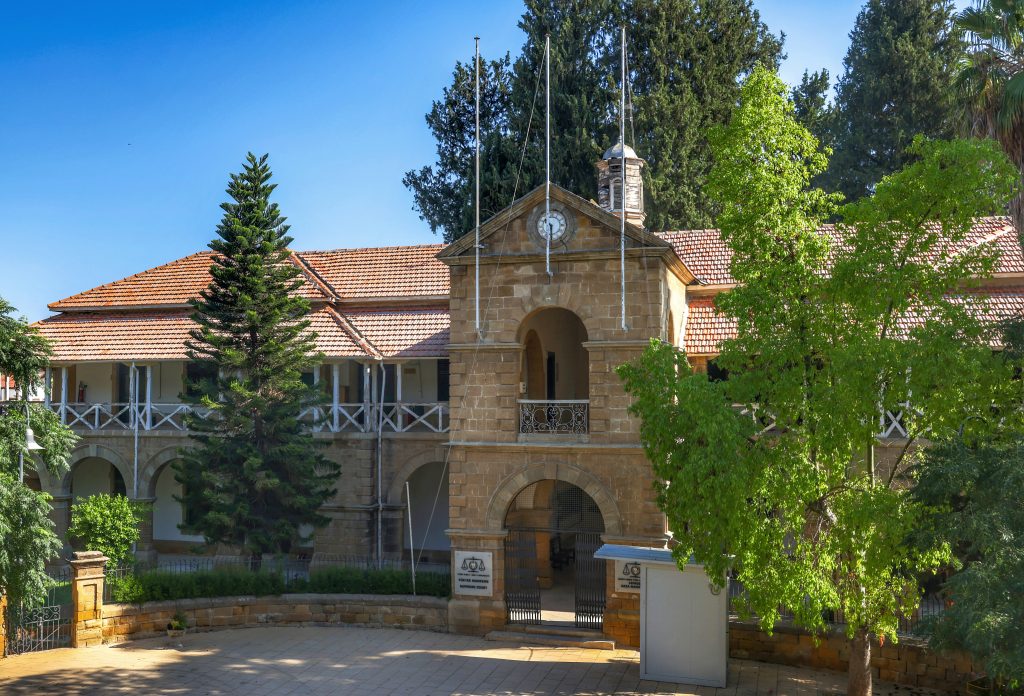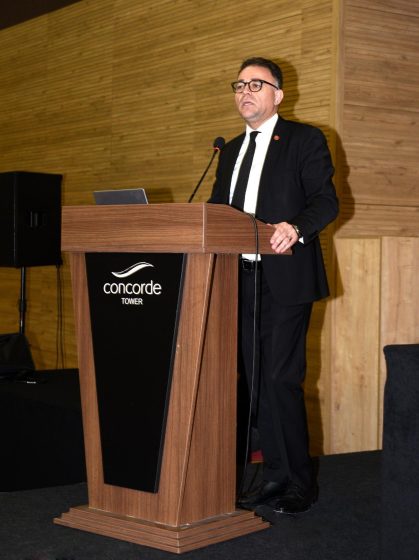About Courts
Article 141 of the TRNC Constitution, which entered into force on 7 May 1985, regulates the establishment and functioning of the Supreme Council of Judicature. Accordingly, the Supreme Council of Judicature consists of twelve members in total, including the President and seven members of the Supreme Court, one member appointed by the President of the Republic and one member appointed by the Assembly of the Republic, the Attorney General of the Republic and one member elected by the Bar Association. Although the term of office of the appointed and elected members is three years, there is no legal obstacle for them not to be re-elected after their term. As stipulated by both the relevant article of the Constitution and the Supreme Council of Judicature Law No. 35/85, the Council has two main duties. The Supreme Council of Judicature shall:
(a) take the necessary measures for the general functioning and orderly working of the judiciary, for the regular attendance to their duties of the judges and of the public personnel working in the courts, for the running of the affairs in a proficient manner and for the training of the judges and the safeguarding by them of the dignity and the honour of the profession, and
(b) take final decisions relating to the appointment, the promotion, the temporary or permanent change of the duties or place of appointment, the termination of appointment and the disciplinary matters of judges.
The President of the Supreme Court is also the President of the Supreme Council of Judicature. While all judges are elected and appointed by the Council, the election and appointment of the President of the Supreme Court and Supreme Court Judges must be separately approved by the President of the Republic.
In the TRNC, judges are elected and appointed from among lawyers and prosecutors. Prosecutors are also considered lawyers according to our legislation, and when it comes to filling a vacant position, they, like lawyers, can apply to the Council of Judicature.
Administrative and disciplinary matters relating to judges are decided by the Supreme Court and the Supreme Council of Judicature, depending on the subject matter of the Supreme Council of Judicature. The disciplinary procedures of personnel other than judges are conducted by the independent Public Service Commission.
The independence of the courts is guaranteed by the Constitution and the Courts Law No. 9/76. Article 136 of the Constitution and Article 4 of the Courts Law No. 9/76 stipulate that judges are independent in their duties and are permanent members of the judicial body, and that judges may not be given orders or instructions, nor may they be sent circulars, nor may they be given recommendations or suggestions. The security of tenure of judges is regulated by Article 137 of the Constitution. Among these securities are the following: judges cannot be dismissed from their duties except in cases provided by law; they cannot be retired before the age provided by the Constitution, unless they so desire; they cannot be deprived of their acquired rights, even in the event of the abolition of a court or a post; they may not be prosecuted in respect of words spoken or any act done in the execution of their judicial duties.
The President and members of the Supreme Court may serve until they reach the age of sixty-five and the other judges until they reach the age of sixty.


